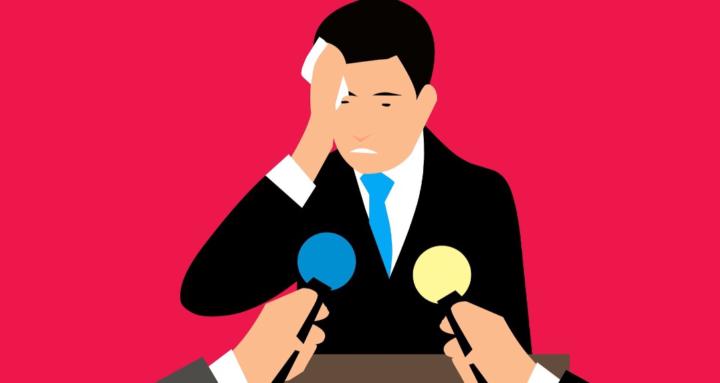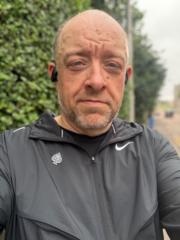Aug 28 • General discussion
Self-Efficacy and Public Speaking
Self-efficacy, a concept developed by psychologist Albert Bandura, is the belief in your ability to succeed at a specific task. In public speaking, it’s the conviction that you can plan, deliver, and adapt your talk effectively. This is more than vague “confidence.” It’s a targeted sense of capability that directly shapes performance on stage.
Why Self-Efficacy Matters
Speakers with high self-efficacy tend to approach presentations with focus and determination. They trust their preparation, see nerves as manageable, and handle unexpected challenges more effectively. By contrast, low self-efficacy often triggers avoidance behaviours—procrastination, over-preparing in the wrong areas, or even turning down opportunities to speak. When you don’t believe you can succeed, anxiety intensifies and performance suffers.
The Four Sources of Self-Efficacy
Bandura identified four key sources of self-efficacy, all of which have direct implications for public speaking:
- Mastery Experiences – Successfully giving a talk, even a short or informal one, strengthens belief in your ability. Every “win” builds momentum. Failures, if unexamined, can damage self-efficacy—but if you reflect and learn, even setbacks can be turned into fuel.
- Vicarious Experiences – Watching peers or role models deliver strong talks makes the task feel attainable. Seeing someone handle mistakes with grace is especially powerful, because it shows you don’t need perfection to succeed.
- Verbal Persuasion – Encouragement from credible coaches, colleagues, or friends can boost self-efficacy. The key is that feedback must be specific and believable—“your opening story really hooked the room” is far more useful than vague reassurance.
- Physiological and Emotional States – The way you interpret physical reactions matters. A racing pulse and shaky hands can be seen as panic, or they can be reframed as energy and readiness. That choice directly affects belief in your ability.
How It Plays Out on Stage
Consider two speakers addressing the same audience. The one with high self-efficacy views rehearsal as polishing, not proving themselves. Mistakes are minor course corrections, not evidence of failure. On stage, they stay present, engage naturally, and recover quickly when things go off-script. The other, with low self-efficacy, treats every slip as confirmation that they “aren’t good at this.” Their nerves spiral, they cling to notes, and the audience senses the disconnect. The gap isn’t talent—it’s belief.
Strengthening Self-Efficacy in Public Speaking
You can deliberately build your self-efficacy:
- Start small. Seek out low-stakes opportunities to speak and accumulate successful experiences.
- Observe wisely. Study how effective speakers deal with mistakes, not just their polished delivery.
- Gather credible feedback. Ask for input from those who can point to your specific strengths and give actionable advice.
- Reframe your nerves. Treat the rush of adrenaline as useful fuel for energy and connection.
The Long View
Self-efficacy is not static. It grows through practice, exposure, and interpretation. For public speaking, this means anyone—whether a nervous beginner or an experienced leader—can steadily strengthen their belief in their ability to perform. With every deliberate step, self-efficacy becomes a self-reinforcing cycle: the more you believe you can, the more likely you are to succeed.
💬 Community Question: What specific moment in your speaking journey gave you the biggest boost in self-efficacy—and how did it change the way you see yourself as a speaker?
2
0 comments
powered by

skool.com/fearless-public-speaking-9080
A Home For Anyone to Practise Public Speaking with a Coach Who Normally Charges £2000 a day
Suggested communities
Powered by
